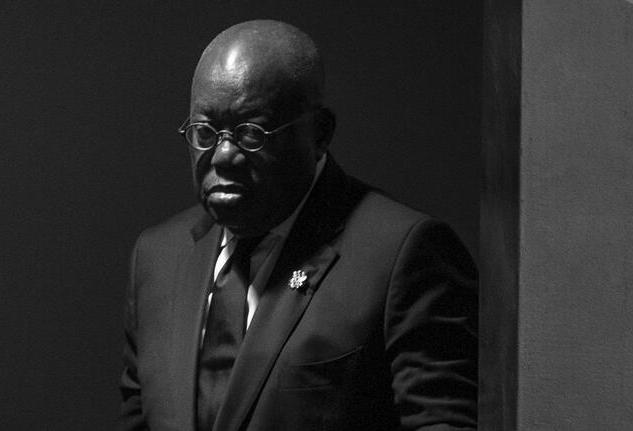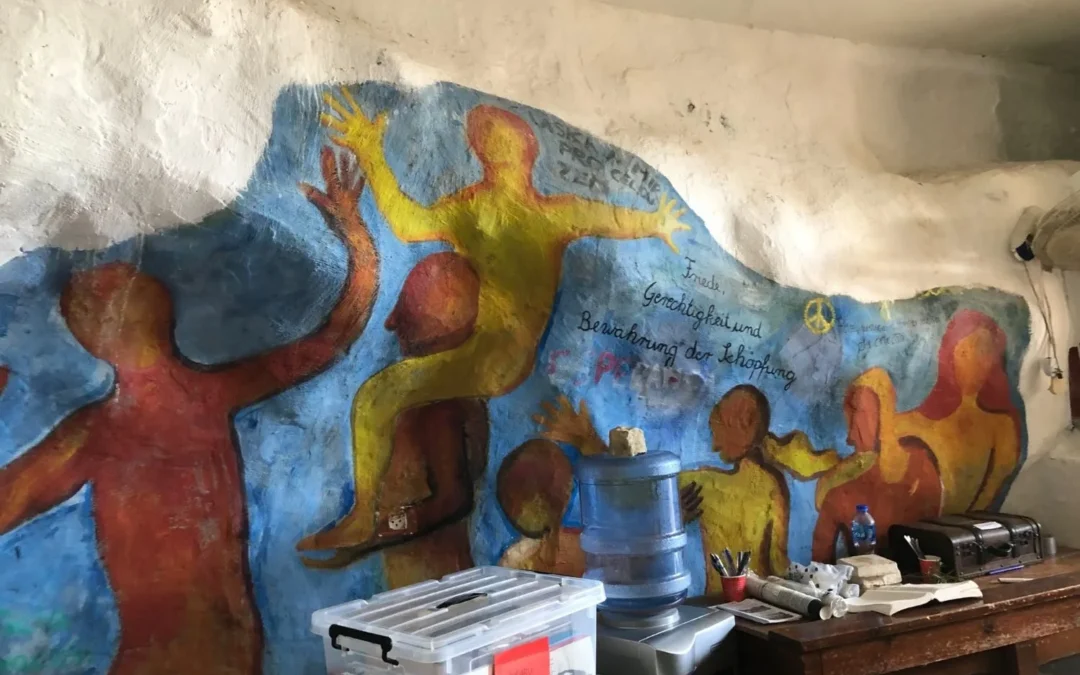On September 19th, world leaders gathered at the United Nations in New York for the opening of the 78thSession of the UN General Assembly (UNGA). This particular gathering comes at a time when the need for global cooperation is critical, with multiple crises needing to be addressed in addition to recent and tragic natural disasters that have occurred around the world. This somber backdrop to the UN’s opening led Secretary-General António Guterres to describe this moment as one where, “many of the world’s challenges coalesced in an awful hellscape,” highlighting the failings of the international community in the face of a “sad snapshot of the state of our world – the flood of inequality, of injustice, of inability to confront the challenges in our midst.”
QUNO staff carefully monitored statements during these high-level meetings, watching for UN member states that may be open for engagement and partnership during the coming year. Ultimately, building collaboration with diplomats and UN staff represents a key ingredient in our efforts to bolster the UN as a leader for peace. These high-level presentations that happen every September provide the UN with key areas to focus its efforts on during the months to come and offer us insight into opportunities that may arise for our own engagement
Peace, or rather a lack thereof, was in sharp focus during the week. One by one, presidents and prime ministers alike stepped up to the UN podium and painted a picture of the consequences of a lack of global action. They listed a myriad of collective challenges facing humanity, from climate change to inequality, and how increasing tension among the world’s superpowers continues to punish the rest of the world caught in the middle.
The desire for peace was articulated alongside a deep frustration with not only the current state of global affairs, but also with the systems that have led us to this point. New violence and conflicts continue to explode without adequate attention and resources, as illustrated in the case of Haiti. Other long-standing situations like the conflicts in Palestine, Myanmar, and Syria continue to rage on, but global response is stymied as a result of the veto power held by the five permanent members on the Security Council.
Reform of the Security Council and the international systems was proposed by leaders from every corner of the world. The politics and hypocrisy of global politics was called out by many, including President Petro of Colombia. He noted that while there is support for military aid to Ukraine, countries do not devote the same attention to Palestine, and that this silence reflects the self-interest of certain powers. In the forceful statement he highlighted that, rather than addressing the crises facing the world and working on solutions, “we decide to waste time killing one another”. Petro then proposed two peace conferences to lead the way towards peace and bring an end to hypocrisy as a political practice.
Furthermore, developing countries all called for change – fundamental change to the international system, including the international financial architecture, as they continue to face the brunt of climate change, crushing international debt, food insecurity, vaccine inequality and worsening humanitarian crises. World leaders pointed out that change and evolution of these systems are necessary due to significant shifts in the world since 1945, when the international financial institutions were established. Going forward, a system that embraces greater cooperation and support for all is required. Equity, it was noted, will only come through meaningful action to address colonial legacies and the root causes of today’s inequalities and challenges. President Nana Akufo-Addo of Ghana stated that, “[we] cannot continue to preach democracy, equality and good governance around the globe; we cannot insist on peace and justice in the world, when our global organisation is seen by the majority of its members and the people of the world as hampered by an unjust and unfair structure.” President Akufo-Addo also called for the acknowledgement that much of Europe and the US were built from colonial exploitation and the horrors of the slave trade. He advocated for reparations, noting that ‘evil was perpetrated’.
Though the tone throughout the opening of the 78th UNGA was bleak, there was also a sense of urgency to come together and build new equitable global relations. The theme for the UN’s 78th session is “Rebuilding trust and reigniting global solidarity: Accelerating action on the 2030 Agenda and its Sustainable Development Goals towards peace, prosperity, progress and sustainability for all”. Now that the stage has been set, it is up to the international community to come together and take action by recognising both what the UN lacks, and by creating a platform to build what is needed in the future. Ultimately, the challenge for this year will be for UN member states to rededicate themselves to the collaboration and partnership that inspired the creation of the UN at its inception. In New York, QUNO will be working closely with our UN partners, seeking out ways to challenge the status quo and supporting diplomats and UN staff who are working for change.
Photo credit: UN Photo/Cia Pak
Photo caption: President Nana Akufo-Addo of Ghana steps up to to the podium in the UN General Assembly Hall.







